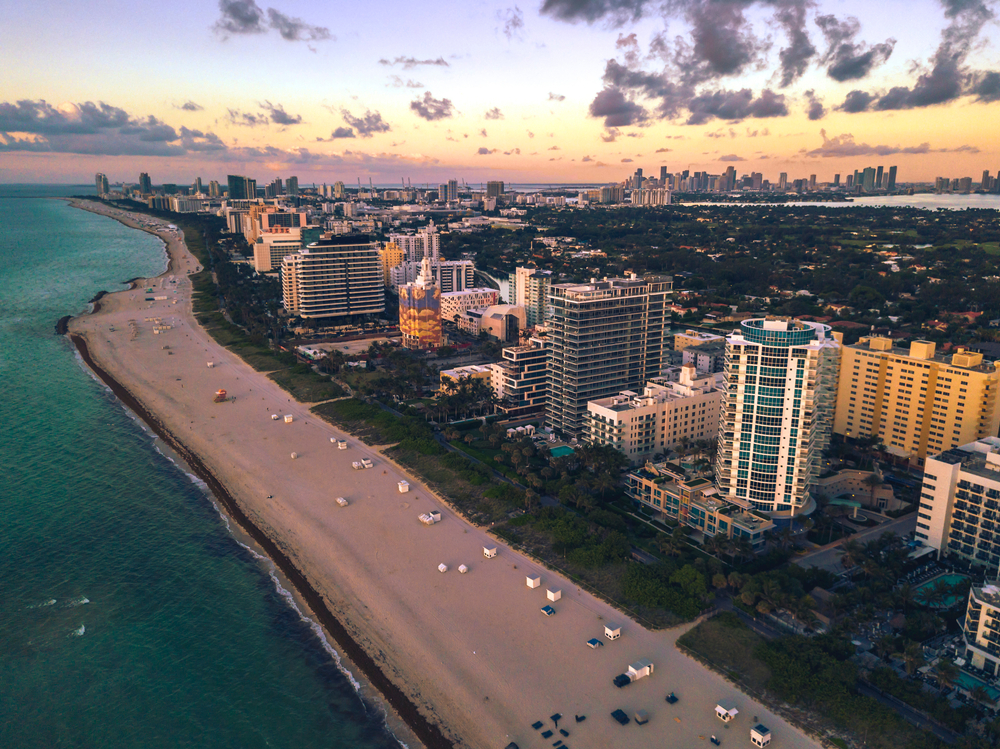In years past, when it came to launching a well-paid career in tech, a newly minted software developer from a respectable midwestern land grant university could almost assuredly anticipate an expensive move to San Francisco or New York. For the last few decades, the two metropolises, particularly San Fransisco and Silicon Valley, were considered nothing less than the promised land for those keen on building a fortune in tech.
With time, however, the business landscape in both California and New York shifted dramatically, with, perhaps, the fallout of the 2020 pandemic bringing the final nail in the coffin. As more and more techies arrived to San Francisco and New York in droves, the cost of real estate skyrocketed, gratuitously, as did the seemingly endless tax increases and new business regulations. When housing prices in the cities’ interiors escalated out of reach, suburban commutes became unbearable. And while San Francisco’s center has never been lacking in its houseless citizens, their presence across recent years started to grow exponentially. Crime and open-air drug use became a visibly nagging and expanding problem as well.
Upon imagining life in San Francisco or New York, a shuttered wasteland was not what immediately came to mind. At first thought, it might’ve been the exclusive independent books stores, upscale cafes, a seemingly endless supply of five-star multinational restaurants, and a world-class nightlife, along with everything else that drew workers to the two economic capitals for at least a couple of centuries. But with the pandemic, everything closed down. Overnight, residents now working strictly from home, found themselves stuck in small, over-priced apartments that offered little respite from the rapidly deteriorating scenes of desolation outside their front doors.
Even before the pandemic, there were murmurings of high-profile companies such as Tesla entertaining the idea of moving their companies out of California, citing more business-friendly climes, like Texas, where Elon Musk eventually moved his company. Of the over 650,000 people relocating out of California last year, The New York Times claims “about 82,000 went to Texas, more than any other state, according to census figures.” Hewlett-Packard, long synonymous with Silicon Valley, back to the late 1930s, aims to establish its new headquarters in Houston. A smattering of other major tech companies, too, such as Oracle and Dropbox have followed, picking up their operations and heading to Austin.
The Lone Star State isn’t alone in attracting the interest of major players in tech out of California and New York, all of whom are keen on finding a better quality of life and a friendlier business milieu. This last year, Miami saw a rather sudden uptick in tech companies from Silicon Valley placing a special focus on South Florida’s most populous city as the next hub for technology. In December of 2020, Delian Asparouhov, a Silicon Valley-based venture capitalist, wrote in a tweet, “ok guys hear me out, what if we move silicon valley to miami?” Miami’s mayor, Francis Suarez wasn’t slow to reply, “How can I help?” The tweet, according to Suarez, got 2.3 million impressions. Since that time, the mayor has been campaigning to pitch the benefits of moving to his city to the likes of Twitter CEO Jack Dorsey, Elon Musk, Plantier’s Peter Thiel, and former Google executive, Eric Schmidt.
While it’s doubtless that Miami has sparked the interest of Silicon Valley’s tech industry, its bottle-green waters and year-round Caribbean-like weather, along with its lack of a state income tax and its pro-business government has grabbed the attention of New York’s banking elite too. Paul Singer and Carl Icahn, both native New Yorkers, have already re-established their respective businesses in Florida. This will be a trend going forward throughout the country, placing many local municipalities in even more financial dire straights, forcing them to cut budgets through layoffs and reductions of public services.
With those harsh realities at hand, one can only expect that cities like Miami, which is to say those that tout low taxes, pleasant weather, and so many other incentives that allow growing companies to thrive, will only see more business migration from other struggling states.





